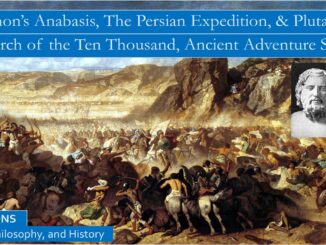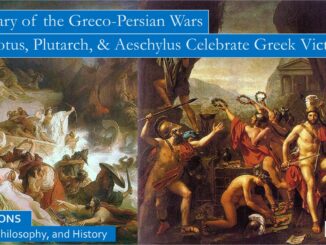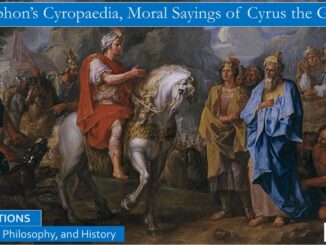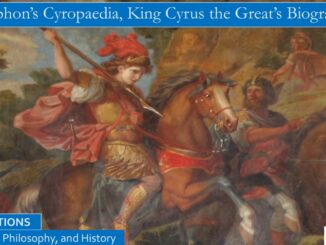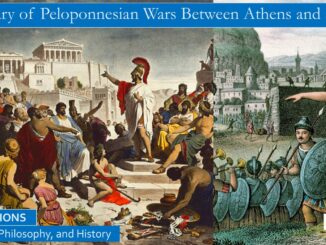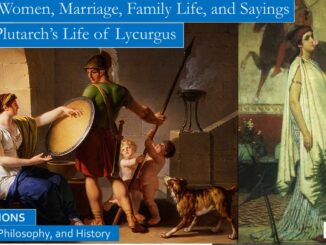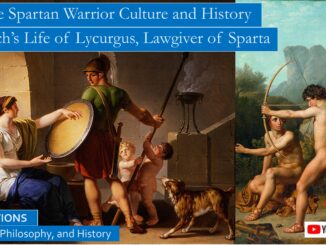
The Historian Robin Waterfield Reflects on Xenophon’s Anabasis in Persia, and Other Greco-Persian Conflicts
The Greek hoplite infantry forces were the best warriors of their time, they were eagerly employed as mercenaries in the ancient world. The Greeks won the Battle of Cunaxa, and although Artaxerxes was wounded in the battle, his younger brother Cyrus died fighting. The Greek forces were stuck thousands of miles from home, but the Persian forces of Artaxerxes were fearful of directly attacking them. At first, the Persians guided them north towards the Greek colonies of the Black Sea, but then they double-crossed them, killing many of their generals. The Greeks simply elected new generals, with Xenophon now leading their forces, as they first fought the Persians, then mountain tribesmen, fighting for provisions, as they retreated to the Greek colonies on the shores of the Black Sea. […]



